Fifth Circuit Restricts Double Recovery in Fraudulent Transfer Action
The laws of preferential and fraudulent transfers under the Bankruptcy Code can often seem theoretical and formulaic. When certain boxes are checked, it appears, at first blush, that a pre-bankruptcy transfer can be avoided, regardless of any intent or surrounding circumstances. However, in Whitlock v. Lowe (In re Curtis DeBerry), Case No. 18-50335 (5th Cir. […]
Read More




